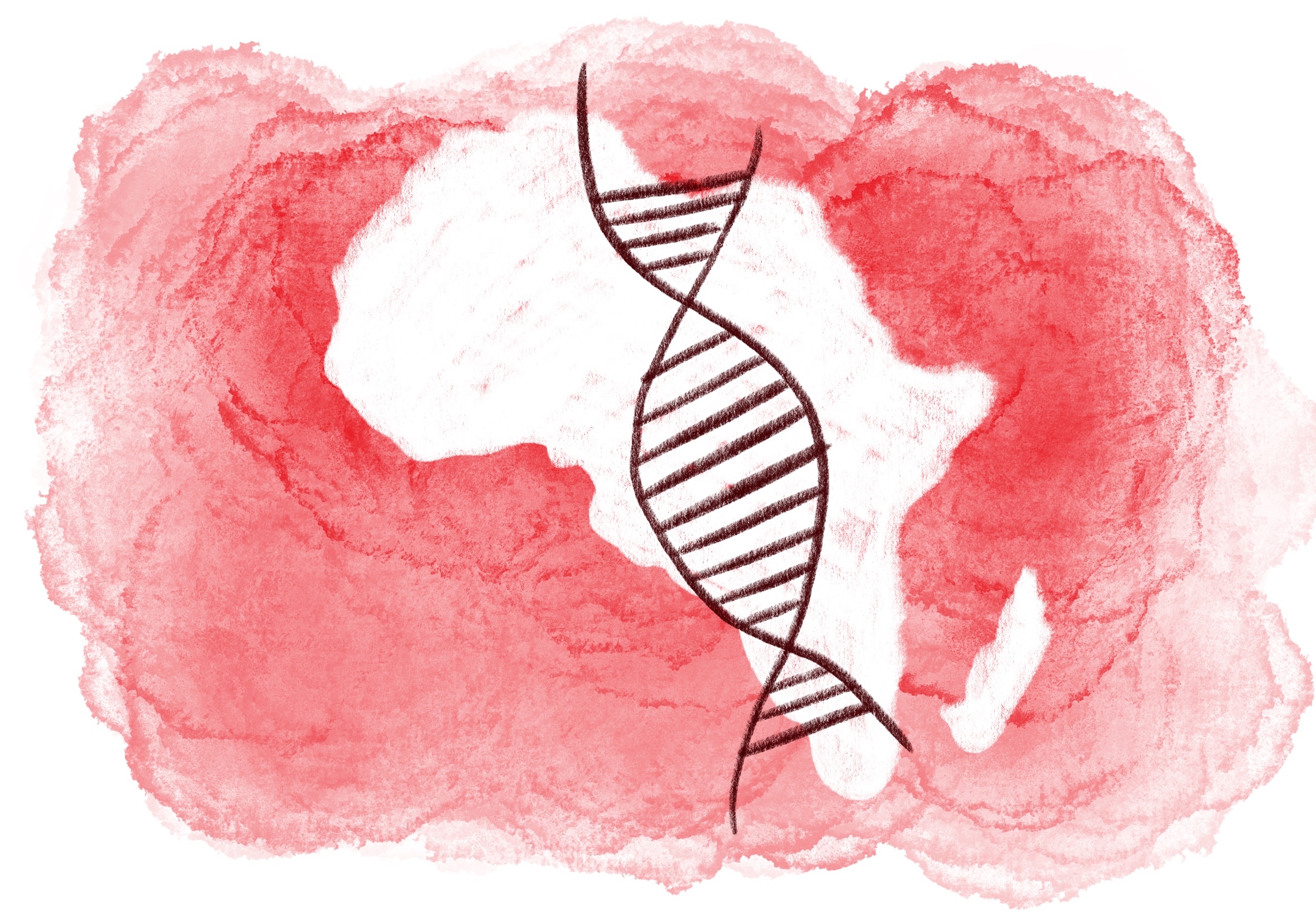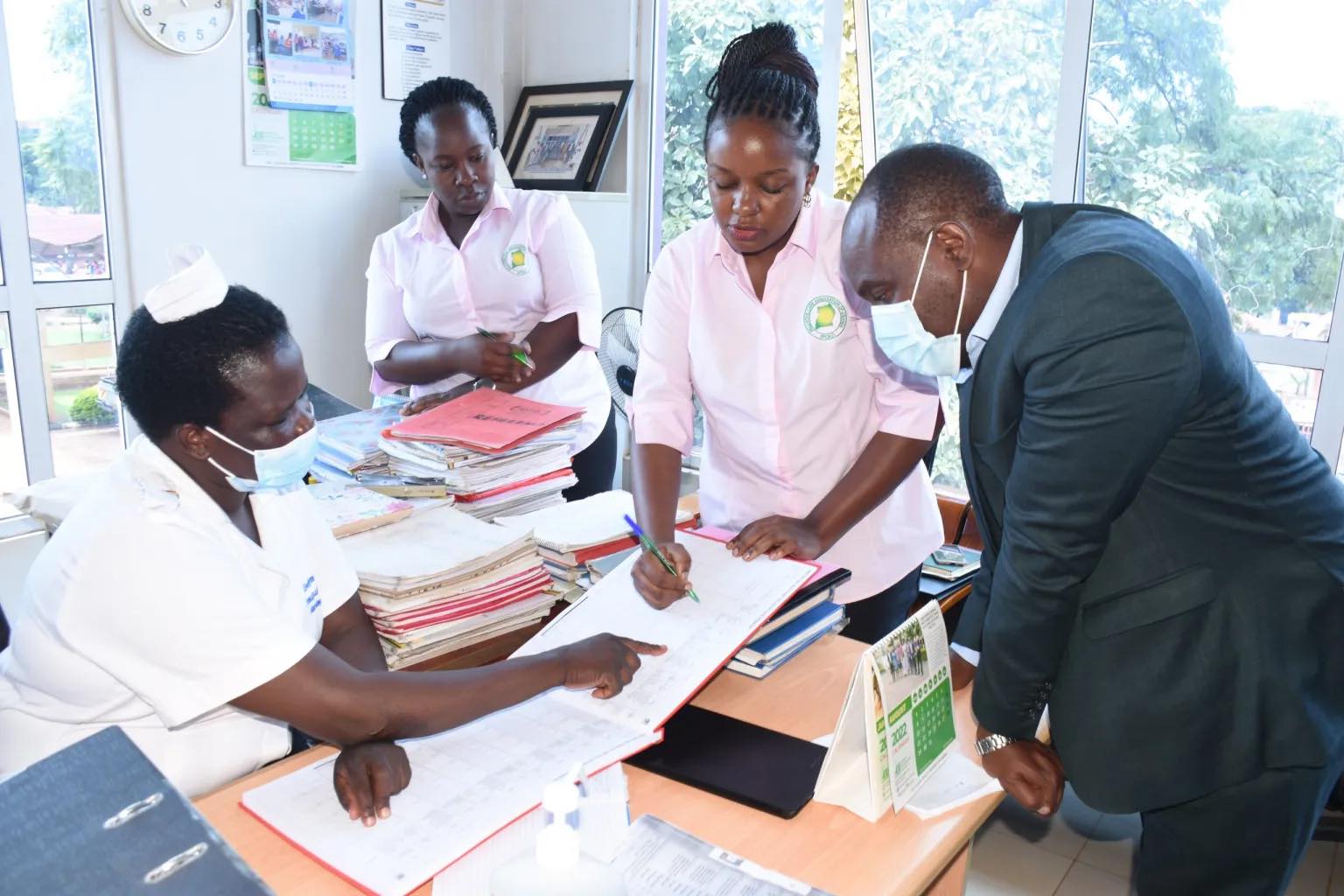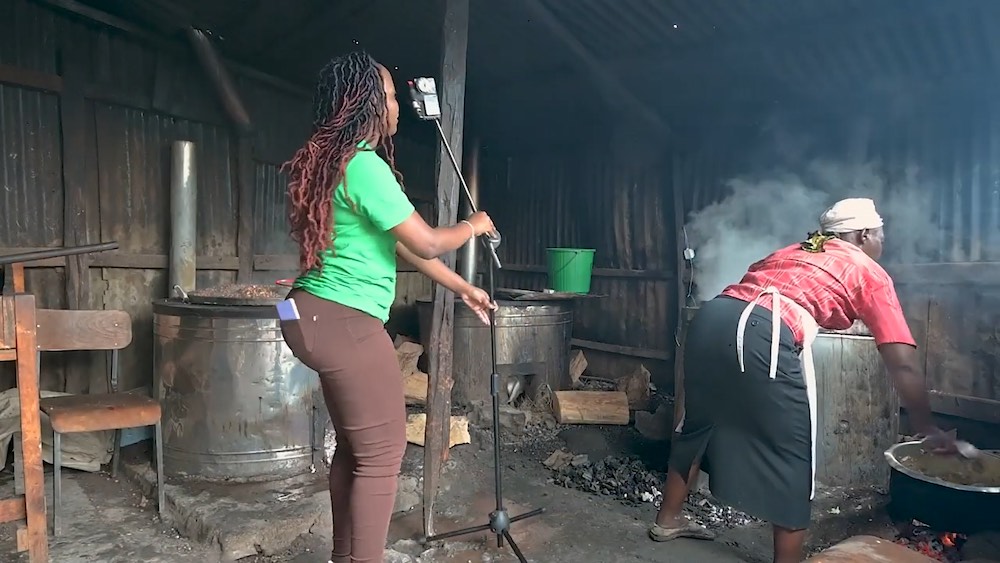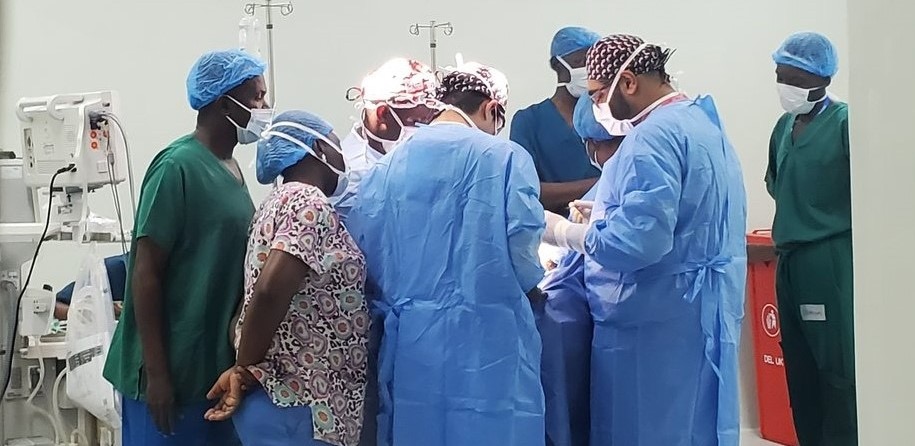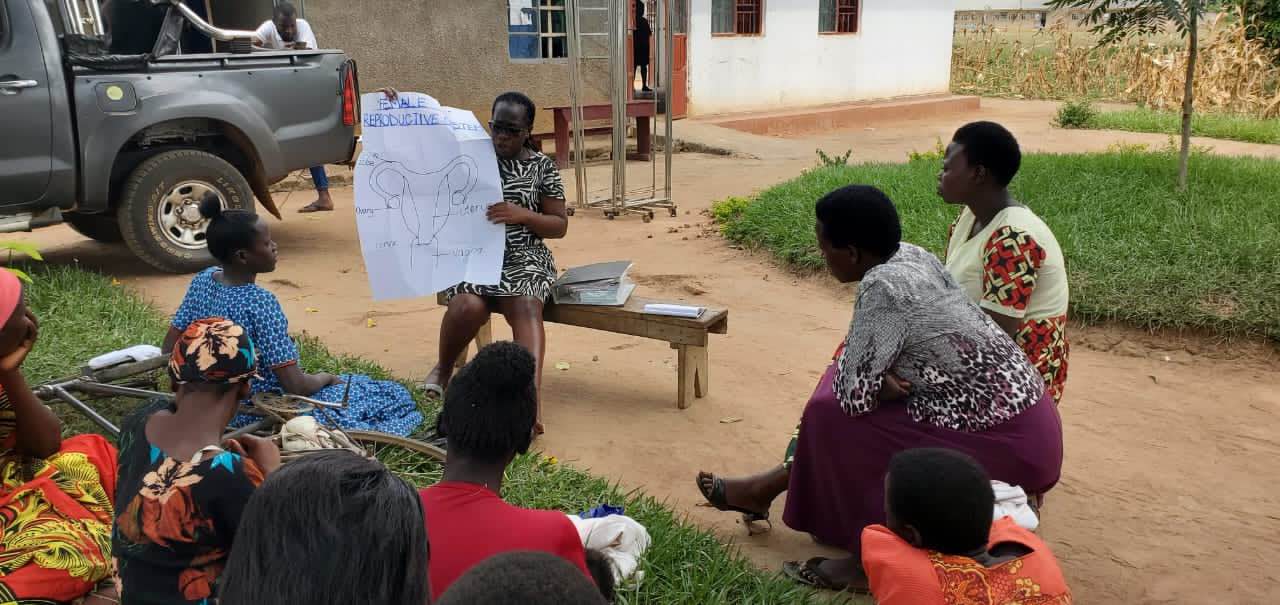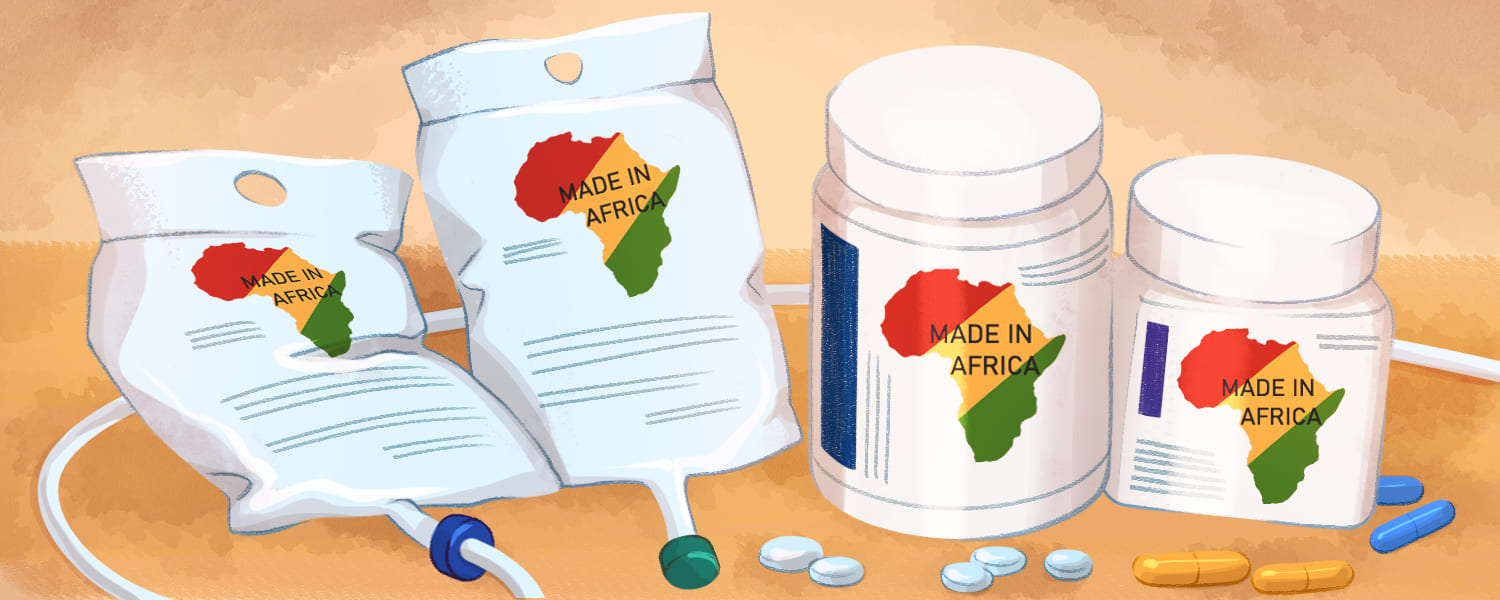Posts by author
Esther Nakkazi
Surviving Childhood Cancer in Uganda: The Dual Battle for Life and Fertility
At 17, Annet Namubiru’s life changed drastically. Then a secondary school student, she began to fall ill without anyone understanding why. “I was at school and started feeling weak and tired,” she recalls. “As you know, when a girl of…
The Story of Dr. Anne Merriman: Pioneering Compassion and Dignity in Africa’s Palliative Care Revolution
No conversation about palliative care in Africa is complete without mentioning Dr. Anne Merriman. Her life was a testament to deep compassion — dedicated to caring for others, championing dignity in death, and ensuring free access to pain relief for…
A Bold Step into Building Africa’s Cancer Atlas
Cancer does not affect all populations equally. For individuals of African descent, whether living on the continent or in the diaspora, cancer often presents at different stages, responds differently to treatment, and is associated with poorer outcomes. Yet, African populations…
Albinism And Skin Cancer In Africa: Tackling The Prevention Needs Of A Stigmatised Population
People with albinism in Africa face many obstacles, including a significantly higher risk of skin cancer due to intense sun exposure and lack of melanin, making prevention and access to protective care essential. CancerWorld journalist, Esther Nakkazi, explores some of…
Quality palliative care: investing in data collection to monitor and improve services in Africa
Effective palliative care has become a growing priority in African health services in recent decades. This is partly a result of the increasing burden of non-communicable diseases including cancer – and the sad reality that palliative care is often all…
Not just a climate issue: cutting cancer rates through cleaner cooking fuels in Africa
Nearly one billion people in Africa depend on polluting fuels like wood, charcoal, and kerosene for cooking, lighting, and heating their homes. The resulting household air pollution leads to approximately 700,000 premature deaths every year, constituting about 10% of the…
Regional cancer centres to boost access to cancer care across Uganda
The Uganda Cancer Institute, set up in Kampala in 1967 as a centre for research and treatment of lymphoma, was one of the first cancer treatment centres in East Africa, and continues to play a leading role as a national…
HPV vaccination: generating demand by spreading knowledge and information
"The most sustainable way is for people to understand that when my girl reaches 10 years, I just take her for the HPV vaccine. That's the sustainable way where all of us take responsibility. We either hold our daughters' hands…
Hospice caring for women with cervical cancer launches own mobile screening clinic
It’s 9.30 in the heart of Kaliro district in eastern Uganda, and a group of women is already gathered outside the Nansololo Health Centre II by the time the van from the Rays of Hope Hospice Jinja arrives. They are…
Cancer drugs for Africa… from Africa?
More than two years ago, Cipla Quality Chemical Industries, a pharmaceutical manufacturing company in Kampala, Uganda, announced that it would start producing cancer drugs. In a deal agreed in 2021 with the Ministry of Health, the company, which is part…



